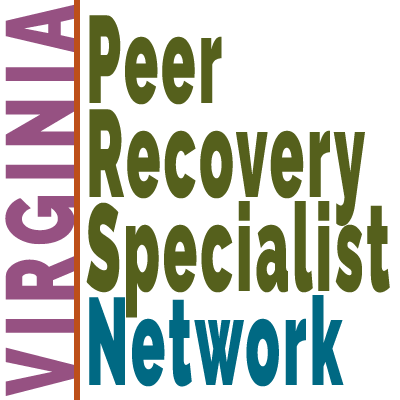Blog
Overcoming Imposter Syndrome with Peer Support: Part 2
Last week, we talked about realizing sometimes we may feel like a fake or a fraud. And that there is actually a name for this tendency and it’s called ‘Imposter Syndrome’ which was observed and defined by Pauline Rose Clance and Suzanne Imes in 1978. It bears repeating the definition of Imposter Syndrome which is, “the condition of feeling anxious and not experiencing success internally, despite being high-performing in external, objective ways. This condition often results in people feeling like “a fraud” or “a phony” and doubting their abilities.”
Likewise, if you missed the first article, here are the most common characteristics of imposter syndrome:
- Burnout
- Self-doubt
- Undervaluing contributions
- Attributing success to external factors
- Sabotaging self-success
- Setting unrealistic expectations
- Constant fear of not living up to expectations
As Peer Recovery Specialists, we are not exempt from this phenomenon and neither are the peers we serve who suffer from these vague feelings of personal unworthiness and self-identification as a failure but have no words or knowledge that there is a term for those very experiences. Last week, we looked at 5 ways to start that process with another peer and this week we will continue with the final 5 which are:
- Avoid Comparing Yourself to Others – Comparison of ourselves to others successes can be a very dangerous psychological activity. It’s ok to notice other people’s successes but their success doesn’t mean our failure or a lack of inherent value in who we are regardless of how much success or failure we have experienced.
- Adopt a Growth Mindset – This is a powerful mental shift that will reap positive results in your life. When we adopt a growth mindset, we find that failure is only a stepping stone to a better version of ourselves. It actually allows for failure. Failure is inevitable. Quitting is not.
- Write down your successes – It sounds silly but when the voices of Imposter Syndrome start yammering away inside your head about how much you are a failure, you can look at that list as cold, hard proof that you don’t. For example, I am a first generation college and graduate school graduate and sometimes if I ever feel stupid, I look on my wall at my masters degree and say, “Actually no, you are not stupid because an educational governing body said you were smart enough to earn that masters degree. Hey Imposter, sit down and shut up!” Stand up to Imposter Syndrome by fortifying your mind with the facts that you have succeeded in the past which is a great predictor of success in the future!
- Practice Positive Self-talk – We all have inner dialogue. What we tell ourselves internally we tend to believe is the truth externally. If I believe I cannot do something, there is a good chance I will sell myself short and not even try or not put in my best effort. What you tell yourself really makes a difference even if your conscious mind doesn’t believe it. Your subconscious mind does. It cannot tell the difference between truth and a lie. Fill it with the truth that you want to come true and you up the chances for that to happen in your life.
- Seek peer support – Working in peer support doesn’t make us immune from needing peer support. Everyone needs someone they can confide in to be a safe, non-judgmental sounding board. Don’t be afraid to reach out and share what’s going on inside. Make sure, however, the person(s) you decide to share your insides with are trustworthy and safe. Let your gut be your guide. It doesn’t lie.
Do yourself a favor this week: make a commitment to destroy the Imposter Syndrome phenomenon in your life. It may not happen all at once. You may have to get back on the horse 1,000x but if you don’t give up, eventually it will have to because when you don’t believe it anymore it has to go pick on someone else!
* I am indebted to this article by betterup.com around this topic.

Chris Newcomb
VPRSN Coordinator
Chris Newcomb, M.Div., PRS, CPMC, CWF, CSSF is the VPRSN Coordinator on behalf of Mental Health America of Virginia. He holds a Bachelor in Psychology from Radford University and a Master of Divinity from Duke University. In his spare time, he is a singer/songwriter who loves to write new songs, practices Krav Maga, and enjoys time with family and friends.

